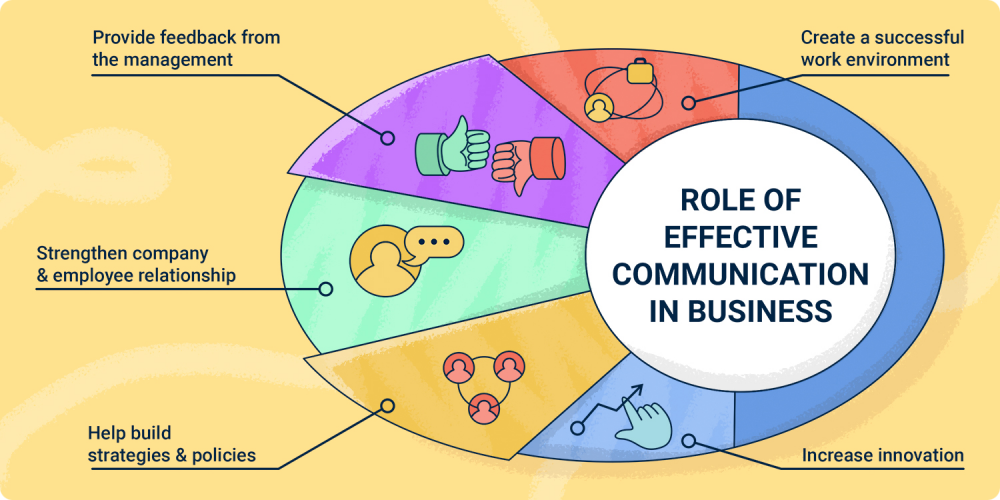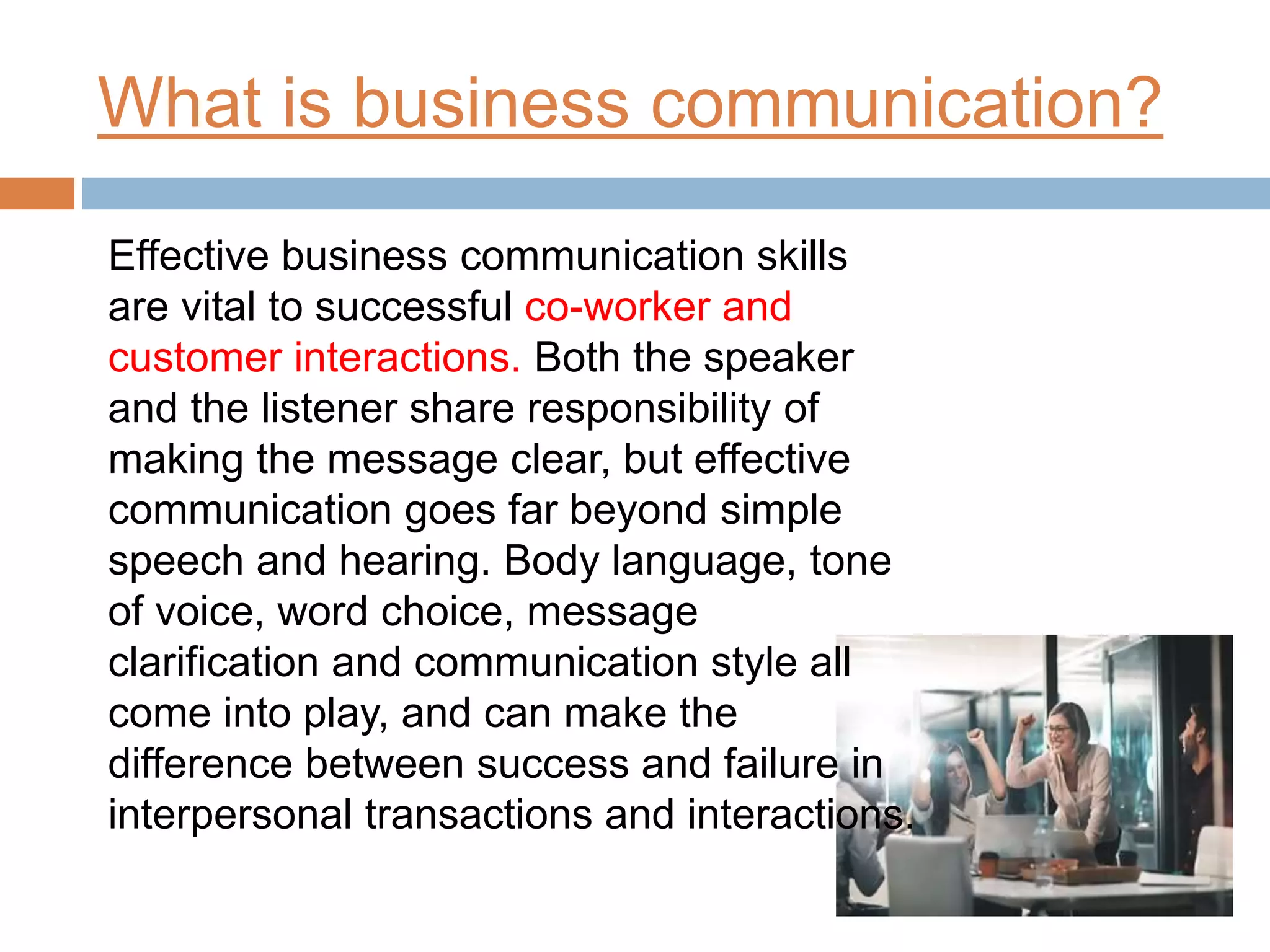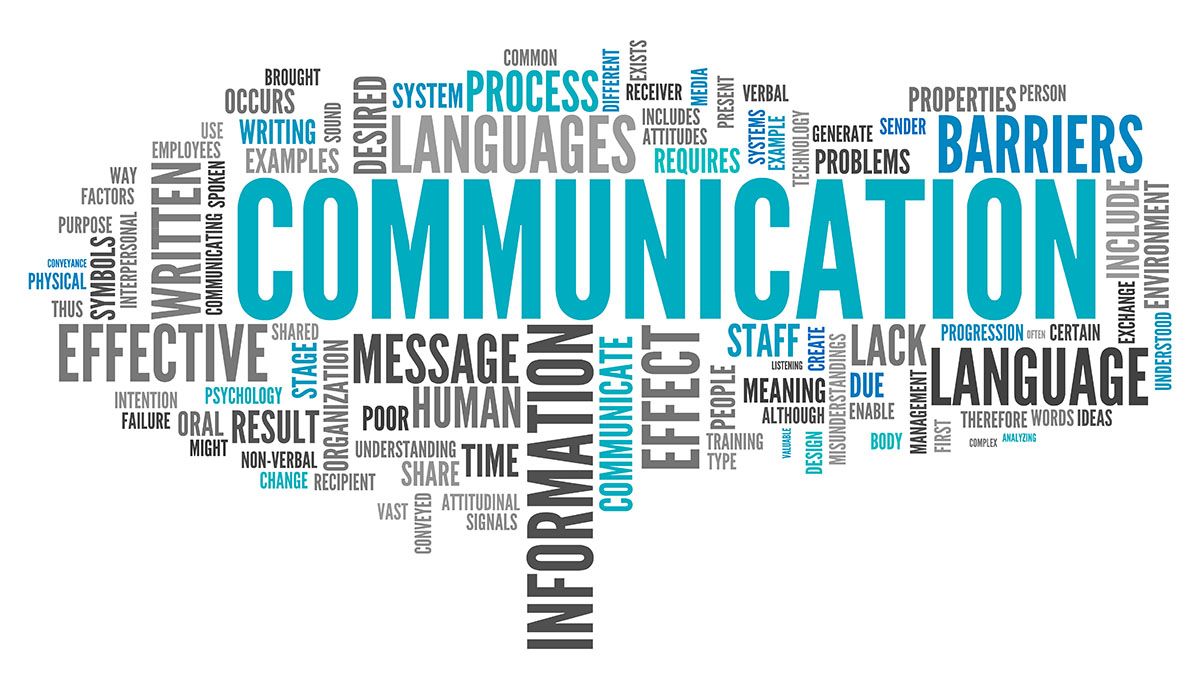Improve Business Communication Skills

Businesses are losing significant revenue due to poor communication. A recent study reveals a critical need for improved communication skills across all levels of the workforce.
This article addresses the urgent need for enhanced business communication, detailing the quantifiable impact of ineffective communication and outlining practical steps individuals and organizations can take to foster clearer, more productive interactions.
The High Cost of Miscommunication
Recent data paints a stark picture: $37 billion is lost annually due to misunderstandings amongst employees (Project Management Institute, 2013).
Inefficient communication leads to project delays, errors, and damaged client relationships. This directly impacts the bottom line for businesses of all sizes.
Internal Communication Breakdown
Surveys indicate that 60% of companies do not have a long-term strategy for their internal communications (Gatehouse, 2021).
This lack of strategy results in employees feeling uninformed and disconnected from organizational goals.
Furthermore, 86% of employees and executives cite lack of collaboration or ineffective communication for failures in the workplace (Salesforce, 2022).
External Communication Catastrophes
Poor external communication can quickly escalate into public relations crises. A single misinterpreted tweet or poorly worded press release can damage a company's reputation.
Customer service interactions are also critical. Studies show that customers are four times more likely to defect to a competitor if they experience a communication breakdown (Bain & Company, 2020).
Strategies for Improvement
Improving business communication requires a multi-faceted approach. This includes focusing on both individual skills and organizational culture.
Individual Skill Development
Investing in training programs focusing on active listening, clear writing, and effective presentation skills is crucial. Workshops can cover topics like conflict resolution and non-verbal communication.
Employees should be encouraged to practice these skills in everyday interactions. Regular feedback from peers and supervisors can reinforce positive habits.
Organizational Culture
Companies must foster a culture of open communication. This means creating an environment where employees feel comfortable sharing ideas, asking questions, and providing constructive criticism.
Implementing communication technologies, such as collaborative platforms and project management tools, can streamline information flow. Regular team meetings and one-on-one check-ins can also promote better communication.
“Effective communication is 20% what you know and 80% how you feel about what you know.” - Jim Rohn
Leaders play a critical role in modeling effective communication. They must demonstrate transparency, empathy, and a willingness to listen to employees' concerns.
Immediate Action Items
Companies should conduct a communication audit to identify areas for improvement. This can involve surveys, interviews, and analysis of existing communication channels.
Based on the audit findings, develop a communication strategy that outlines specific goals and action steps. This strategy should be regularly reviewed and updated as needed.
Start implementing training programs and communication technologies to support the strategy. Measure the impact of these initiatives and make adjustments as necessary.
The time to address communication deficiencies is now. Implementing these strategies can lead to increased productivity, improved employee morale, and a stronger bottom line. Contact your HR department, manager, or explore internal training programs today to begin improving your communication skills immediately.





![Improve Business Communication Skills 13 Must-Have Business Communication Skills [Guide and Tips] | Inside](https://kitchen.co/blog/wp-content/uploads/2022/04/business-communication-skills.png)












